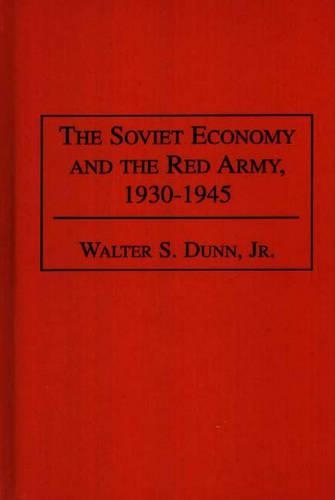
Financial Repression and Economic Reform in China
(Hardback)
Publishing Details
Financial Repression and Economic Reform in China
By (Author) Kui Wai Li
Bloomsbury Publishing PLC
Praeger Publishers Inc
30th July 1994
United States
Classifications
Tertiary Education
Non Fiction
Development economics and emerging economies
Public finance and taxation
339.50951
Physical Properties
Hardback
208
Description
The People's Republic of China has completed the first decade of economic reform with remarkable achievements. At the same time, it is encountering severe economic problems in runaway inflation, crippling shortages, and large trade imbalances. This work uses a macroeconomic framework of development and financial repression theories to examine the PRC's performance. Improvements in the PRC's financial productivity, according to the author, can be achieved if Chinese leaders either relax the real interest rate ceiling to discourage unproductive investment and free financial resources, or hasten the development of the equity market.
Reviews
Of interest to any economist interested in many and finance in the Chinese reforms. * The China Journal *
The objective of this book is to examine and model some of the important finanical and macroeconomic relationships in China's first decade of economic reform (1979-1989), China being the first socialist country which opted for economic reform and liberalization. * Abstracts of Public Administration, Development, an *
Author Bio
Kui-Wai Li is university senior lecturer in the Department of Economics and Finance at City Polytechnic of Hong Kong. Doctor Li received his PhD at the City University Business School in London, and he specializes in Asian finances and economics.
